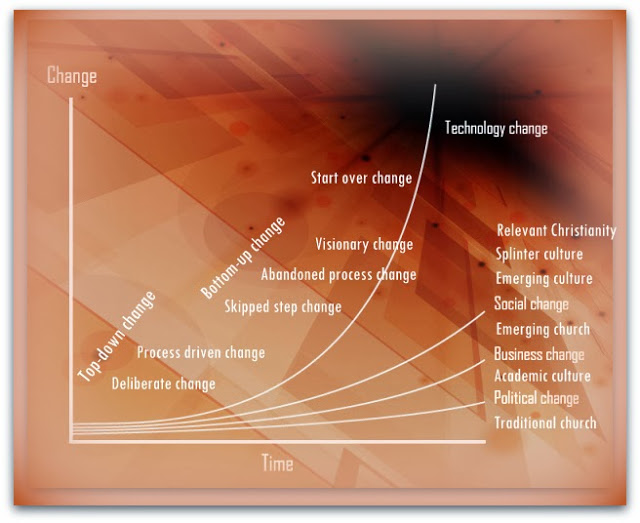A young boy sees his grandpa-friend, seated on the couch across the crowded room. Eye-contact and smiles are immediate, and he runs excitedly through the obstacle course of people-legs and furniture and throws himself into the waiting arms, laughing and bubbling with stories of his recent bug encounters and preschool adventures.
 |
| In western Africa, my friend and his son enjoy a simpler world than most; love and happiness despite difficult circumstances. |
Adults have learned that there are more pressing matters. Have I dressed appropriately? Am I interrupting something? Did I remember to lock the car? Will I be received among these folks? I need to go to the grocery store later, and I need to get the leaves raked, and tomorrow is a work day, and I still have Christmas shopping to finish, and the sequester has really messed up my office; I hope I have a job at the end of the year. I need to greet those folks; it's been too long, and it's not comfortable ... and ...
There's perhaps a balance between the freedom of a child's heart and the weight of responsibility an adult carries. The common constraints of adulthood, however, are not the solution. The accumulation of concerns we take upon ourselves far exceed our personal capacity, and anxiety follows along with discouragement, and perhaps despair. We are neither the solution nor the responsible agent as adults. There is a larger world filled with more than we know.
It might be helpful to take advantage of the instruction we're given, even as adults. Don't be anxious over things, we're told. Consider the lilies who don't plant crops or harvest them. The birds too; they model a different thinking. Is there a practical, realistic way to make use of that? Is contentment available?
It's worth our notice; of all the creatures on earth, only one consumes more than it needs. Only one seems obsessed with 'more'.
C.S. Lewis was an interesting fellow as much for himself as for his writings.
Pastor Tim Keller of New York says his wife had always been a huge Lewis fan, “beating me over the head with his books.” At age 12 she wrote to Lewis to tell him she was one of his few fans, and he responded — four times. The last letter from him arrived 11 days before he died.
“I wrote thinking I would console the man and tell him he had at least a few admirers, not knowing he was huge,” she said. “He was so gracious.”
As with many authors, Lewis’ fame came after his death. But even while he was alive, an estimated 90 percent of his income went to charity.
From his publisher; “There was a level of authenticity. He wasn't flying in jets, or showed signs of getting rich off of his books,” said Mickey Maudlin, senior vice president of HarperOne, who became a Christian by reading Lewis’ “Surprised by Joy” at 21 years old. “I wonder what he might have been tempted to say if he was worried about profits.”
... which brings us back to the child's perspective. If we weren't worried about profits and wealth and coming out on top, would we be different? Would we do our part differently. Can we take the instruction of a loving father and be blessed by living out our lives as he offers?
I tell you the truth, except you change and become like a child, you will not be able to enter that realm for which you search so fervently.




















